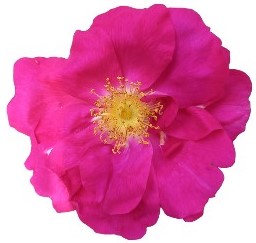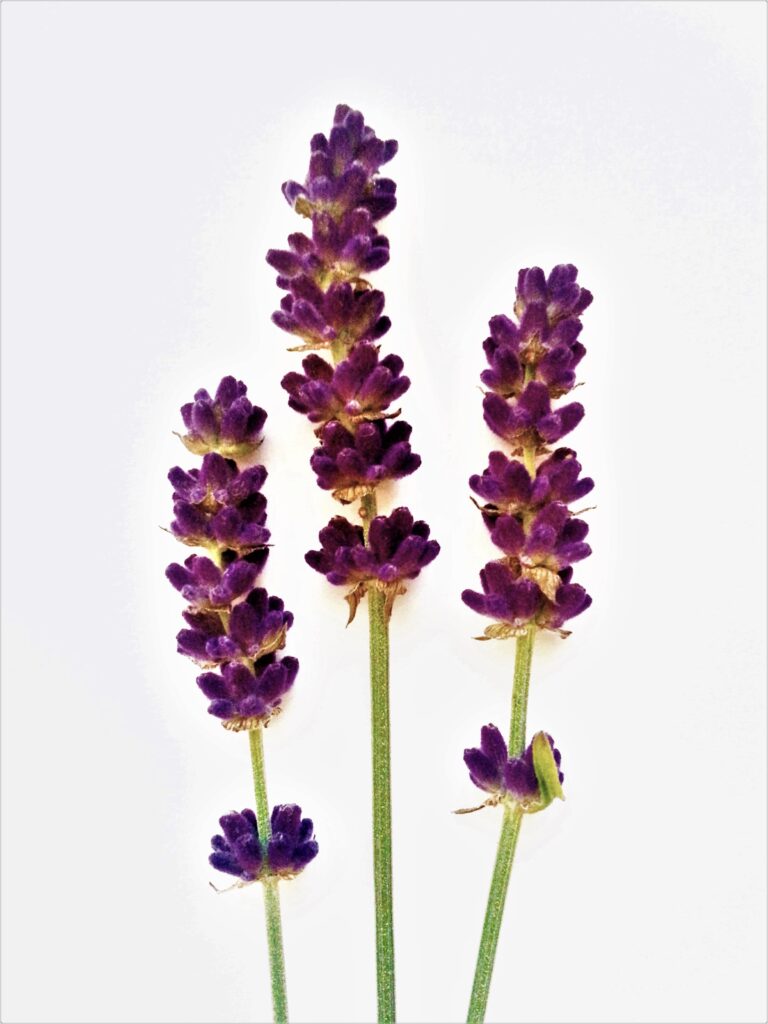About 18 months ago, I achieved Menopause, that brief moment in time, which marks a whole year without menses. Yay, for me, I am now post-menopausal! As a Holistic Therapist of 25 years, I’ve had the privilege of working with menopausal women, helping them manage their own menopausal symptoms, so I realise that I was one of the lucky ones, given that I knew what was coming down the line – kind of. Because, there’s nothing quite like experiencing something first hand, to really teach you about a subject. Still, that prior training and experience did help me to some extent. It went some way to mentally preparing for what was to come and it also meant I had the tools of my trade (essential oils, herbs, yoga and meditation) on hand, to offer me comfort and support, when I needed it most. So, as this month is Menopause Awareness month, I thought I’d share some Menopause tips with you, to offer you some comfort and support, through these difficult changing times.
The main focus of Menopause Awareness month this year is ‘Lifestyle Medicine’, which perfectly describes my approach to the Menopause. The symptoms of Peri – Menopause are many and varied, so inevitably a whole body, ‘holistic’ approach is needed. Which means, you will most likely need to make some positive changes to your lifestyle, such as improved nutrition, more strength-based exercise, better sleeping habits, good stress management and much more. As we enter our midlife phase, our reproductive hormones go into decline, signalling that the potential for reproduction is coming to an end. For some, this can be a seamless and somewhat welcome transition, whilst for others the changes and symptoms can prove unbearable. So, lets look at three of the most common symptoms and their possible solutions.
HOT FLUSHES
Up to 80% of Menopausal women experience hot flushes, in the form of day time flushes or night sweats. The intensity and frequency of flushes can vary from one person to the next and for many this can be very debilitating (1).
TIPS
- Wear layers of loose, natural fibre clothing, so that you can manage your temperature better. Same applies for bedding at night, layers and natural fibres are best.
- Drink plenty of water to replace lost fluids. Make sure to balance electrolytes.
- Choose hydrating foods such as fruit, vegetables and salads
- Reduce caffeine, alcohol and spicy food
- During a flush, take deep, slow breaths to help calm the central nervous system
- Carry a spray bottle of aromatic water, such as Rose, Sage or Peppermint water

Aromatic waters or Hydrolats / Hydrosols as they are otherwise known, are a particularly useful tool for the symptomatic relief of flushes. They are gentle enough to spray directly onto the skin, for an instant feeling of cool, freshness, plus their relaxing natural scent helps to calm the mind. There are various aromatic waters to choose Peppermint (2) which is particularly cooling, Rose (3) and Sage (4) have all been shown to help to reduce the symptoms of menopause in general.
SLEEP
Night sweats are one of the biggest causes of sleeplessness in menopausal women, albeit not the only cause. Restless legs, bladder fullness, menstrual flooding and altered breathing can also be a factor. Up to 56% of Menopausal women suffer with disturbed sleep either in the form of struggling to drift off, frequent awakening or early morning awakening.
TIPS
- Don’t eat after 7pm in the evening and especially don’t eat spicy foods
- Reduce caffeine and alcohol
- No screen use after dusk and up to 2 hours before bed
- Take a relaxing aromatic / herbal bath before bed
- Drink a cup of relaxing herbal tea, such as Chamomile or Lavender
You can read more about improving sleep here https://wildfloweraromatics.co.uk/how-to-improve-your-sleep-quality-for-better-health/

Lavender is a particularly useful herb or oil for relaxation and sleep and I use it myself whenever I’m struggling drift off. Simply dilute some Lavender in a base carrier oil and then massage into the shoulder / chest area, so that you can inhale the relaxing aroma as you sleep.
MOOD CHANGES
Mood change, such as anxiety and depression are to some extent inevitable during the menopause years. Not just because of hormonal imbalance but also from the uncertainty, exhaustion, worry and despair, that the constant bodily changes can bring. So, stress management and self-care are paramount at this time.
TIPS
- Yoga practice can help to calm the mind and distract from your thoughts
- Breathing exercises also help to distract from negative thought and also regulate the breath, helping to calm anxiety and panic attacks
- Exercise can help to release serotonin, thereby lifting the mood. It’s also a great way to work of excess adrenaline, generated by anxiety and promote a sense of empowerment and strength
- Getting out in nature whenever you get the opportunity, can help to clear the mind and encourage positivity
- Inhaling calming essential oils or enjoying a relaxing herbal tea can also help you to relax and unwind

Many essential oils help to lift the mood and also calm both body and mind. Research studies found that Clary Sage (5), Lavender (6) and Neroli (7) all improved the symptoms of anxiety and depression in menopausal women. And Neroli in particular was found to improve the quality of life in postmenopausal (8). Additionally, both Geranium and Rose were found to increase the concentration of oestrogen in saliva, in menopausal women (8), suggesting that they too would reduce menopausal symptoms.
NB: Everyone’s menopausal experience is unique and there is no ‘one size fits all’ solution, when it comes to managing symptoms. It is therefore best to speak to a qualified professional before self-medicating with essential oils / herbs etc
If you would like a helping hand as you move through this phase of your life, I offer a bespoke blends service. Simply contact me by sending an email to contact@wildflowersanctuary.co.uk to book your FREE initial consultation.
REFERENCES
- Talbot. N (2009) The Menopause – An essential guide Need to know
- Peppermint https://doi.org/10.1016/j.explore.2023.09.001
- Rose DOI:10.55817/ASIJ6404
- Sage PMID: 37489230
- Clary Sage PMID: 24802524
- Lavender https://doi.org/10.1016/j.nurpra.2020.04.027
- Lavender and Neroli PMID: 29765928
- Neroli https://doi.org/10.1155/2014/796518
- Geranium and Rose PMID: 28326753.


